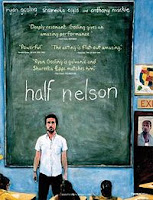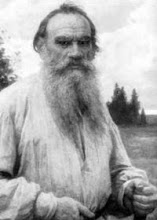 Does this film have a "message"? If so, what do you think it is? In the film, Mr. Dunn teaches his students about Hegelian dialectics and opposing forces in history. In what way do we see these factors at work within the lives of the characters in the story? What is your opinion of the film's presentation of Dunn's moral leadership? What commentary does the film make about human behavior, society, and moral choices? Typically these teacher movies tend to present a white teacher going into an inner city school to "save" students of color, but this film obliterates that narrative; how do you feel about this retelling? Which character does the "saving"? Feel free to interject any of your own questions into the conversation...
Does this film have a "message"? If so, what do you think it is? In the film, Mr. Dunn teaches his students about Hegelian dialectics and opposing forces in history. In what way do we see these factors at work within the lives of the characters in the story? What is your opinion of the film's presentation of Dunn's moral leadership? What commentary does the film make about human behavior, society, and moral choices? Typically these teacher movies tend to present a white teacher going into an inner city school to "save" students of color, but this film obliterates that narrative; how do you feel about this retelling? Which character does the "saving"? Feel free to interject any of your own questions into the conversation...
MLK Day Special: Dr. Martin Luther King Jr. in His Own Words
-
Today is the federal holiday that honors Dr. Martin Luther King Jr. He was
born January 15, 1929. He was assassinated April 4, 1968, at the Lorraine
Motel ...
17 hours ago













